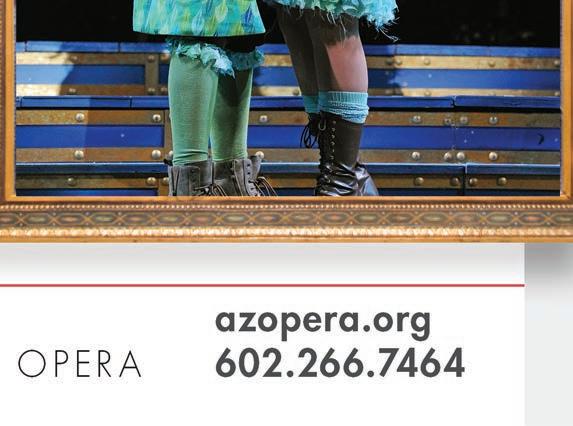
5 minute read
Organizations help strengthen Jewish unity on ASU’s campus
ISABELLA SCHNEIDER | SPECIAL TO THE JEWISH NEWS
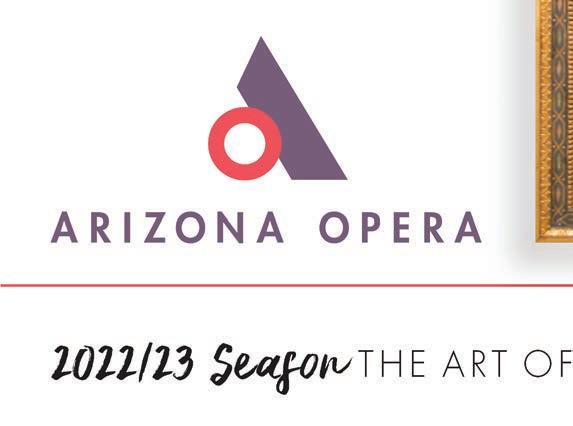
Advertisement
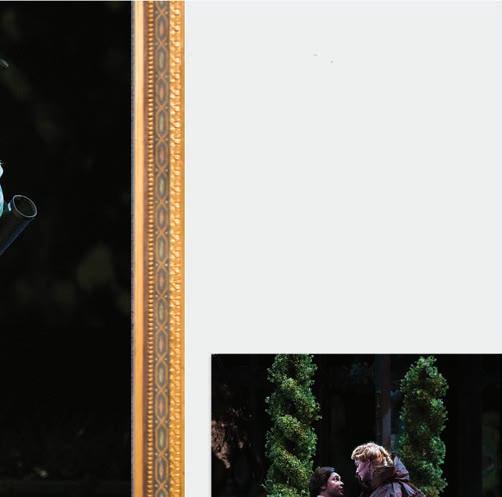

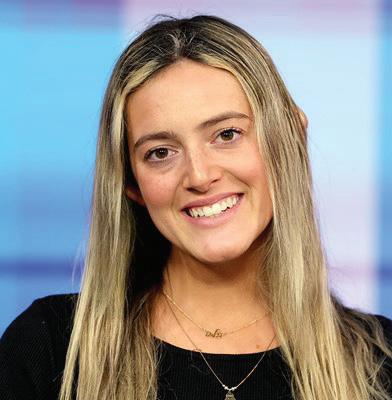
From 2020 to 2021, antisemitic incidents reported to the AntiDefamation League (ADL) rose by 5% nationally. In Arizona, there was a 65% increase in reported incidents during those years. The highest concentration of incidents reported occurred in the Phoenix metropolitan area and in Tucson, where both of the state’s largest universities are located.
Jewish students make up just 5.6% of Arizona State University’s undergraduate student body according to a Hillel International database. Even though the percentage of Jewish students at ASU falls below 10%, there are numerous Jewish organizations on campus to provide support.
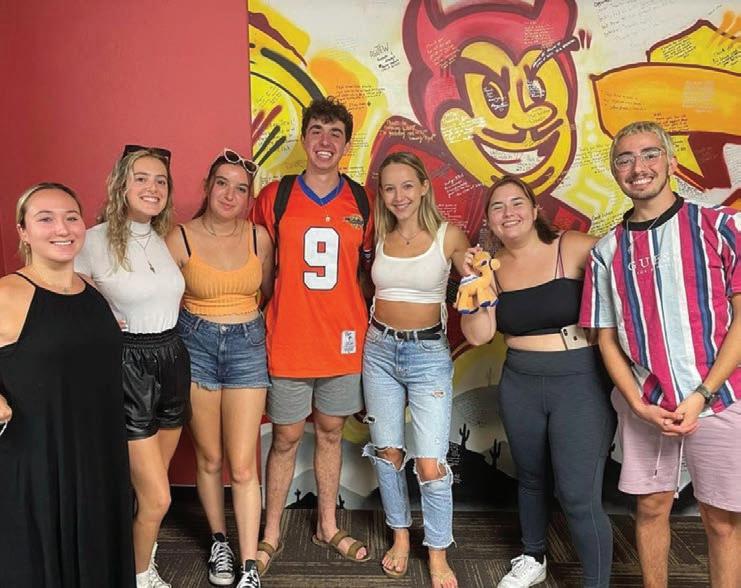
Organizations which engage the most Jewish students include Hillel Jewish Student Center at ASU, Rohr Chabad at ASU and Olami Arizona, however there are other options for students to choose from. There are the historically Jewish Greek life groups, Alpha Epsilon Phi and Alpha Epsilon Pi, as well as fellowship opportunities from StandWithUs and the Israel on Campus Coalition.
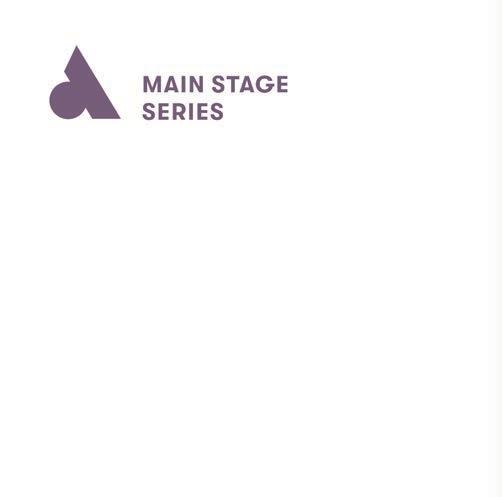
The strong support networks for Jewish students have helped students feel less alone and isolated when antisemitic incidents manifest on campus. For example, in November 2021 when several antisemitic flyers were found on ASU’s campus, Hillel acted immediately to release a statement offering support to students.
SEE UNITY, PAGE 6

“We respond quickly to attempt to identify the source of the antisemitism and support those affected,” said Taylor Silverman, assistant executive director of Hillel at ASU. “Our students’ safety and wellbeing is our top priority and we make sure to respond accordingly. As staff, we make ourselves readily available and responsive to any student when there is an antisemitic concern or a known incident on campus.”
Madeleine Steppel, student president of Olami Arizona at ASU, said that Olami was quick to act in notifying critical bodies such as the dean of students and the Council of Religious Advisors (CORA) when an antisemitic incident occurred.
“Olami has been such a help to me at ASU. In my three years here, no one has been more supportive each time there is an antisemitic incident on campus,” said Steppel, “I have come to depend on the help of our rabbis and rebbetzins. I know that Olami ASU is always here for me and other Jewish students because they take action.”
Chabad at ASU engages students across all four campuses and from the surrounding communities for high holidays, Shabbat dinner and weekly signature food-themed events. They also host classes, Shabbat trips and trips around the world to help students further connect with each other and their Jewish heritage.

“Chabad at ASU provides physical, emotional and spiritual support to Jews that need it, for whatever reason it may be,” said Avin Kreisler, student president of Chabad at ASU. “When antisemitism shows its ugly face at our school, Chabad ASU responds by working with ASU and Tempe police to ensure that there is no physical threat, to make sure every student feels safe and supported and to work with ASU administration to address any issues or concerns. By being a part of Chabad, I have learned the best way to deal with darkness is to add more light — by increasing our Jewish pride and being more Jewishly active.”
The ability to react quickly comes in part from a group made up of Jewish student leaders who are members of the aforementioned organizations. This group of leaders known as the Israel Board, or I-Board for short, convenes once a month via Zoom to connect on various upcoming events their respective organizations are hosting, scholarship and fellowship opportunities and areas where they feel a lack of community support. Although a separate entity, the Israel Board hosts its meetings at Hillel and receives oversight from Hillel’s executive and assistant executive director.
“Our Israel advocacy work has been growing significantly since COVID-19. Last year, our organization SunPAC lobbied to get the IHRA definition of antisemitism recognized by Arizona law,” said Matthew Friedman, co-founder of the I-Board. SunPAC is a bipartisan group of student activists working to strengthen, protect and promote the U.S.-Israel relationship.
“We have been working with student government to increase antisemitism awareness and to prevent issues like BDS (Boycott, Divestment, Sanctions) from arising again,” he said. “While antisemitism cases are on the rise nationwide, our peer-to-peer support is growing to combat it at ASU.”
While measures are being taken to mitigate the threat of antisemitism on college campuses, it remains an anxietyinducing topic for Jewish students. During the COVID-19 pandemic many students took to spending more time online. Liza Gofman, co-founder of the I-Board and Israel on Campus Coalition (ICC) member said she noticed an increase in antisemitic and anti-Israel propaganda posts during this time.
“I saw firsthand how misinformation was spreading in the form of ‘credible looking’ infographics,” Gofman said. “In 2021 and 2022, it manifested from the internet onto our campus and others around the country as well. Since coming back to campus in 2020/2021, we have seen antisemitic incidences such as flyers with swastikas, antisemitic speakers and events, and so much more. I have personally experienced antisemitic attacks such as people coming up to me and saying antisemitic things — both in person and on social media.”
Despite the increase in antisemitic incidents on campus, Gofman said her sense of Jewish pride has never wavered. In fact, the work she has done with her peers in the form of the I-Board and as an ICC member have allowed her the space to help students who may not feel as courageous to be openly Jewish on campus.
“Everything has made me want to work even harder to support the Jewish and pro-Israel community on campus.” Gofman said. “Through creating and leading the I-board, which in its first year has already seen great success, as well as continuing my fellowship with the Israel on Campus Coalition I’ve had countless tools and inspirations to continue creating initiatives to improve the campus climate and strengthen our community.”
One tool brought to student leaders are conferences with sessions for brainstorming ways to strengthen Jewish student unity and combat antisemitism. For example, both StandWithUs and ICC host leadership summits in August where fellows meet their peers from around the U.S.
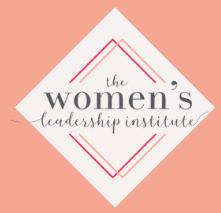
StandWithUs hosts a conference in March for students from around the world to convene and expand upon teachings from the preliminary August training. The student fellows can network with other attendees to gain inspiration for initiatives and action plans they can implement in their own communities. They also attend plenaries and hear from renowned international speakers.
“It was at the ICC NLS conference in August that I got the idea for the I-Board and my director was very helpful finding a way to make my idea come to life,” Gofman said. “Additionally, every time we have some sort of antisemitism on campus, ICC has given me digital toolkits and preparation for how to navigate the issue.”
Training at conferences and guidance from local organization are part of what is giving students the confidence to act on these initiatives. The Jewish community at ASU will continue to combat antisemitism even as issues arise on campus, in the surrounding community and around the world. JN










